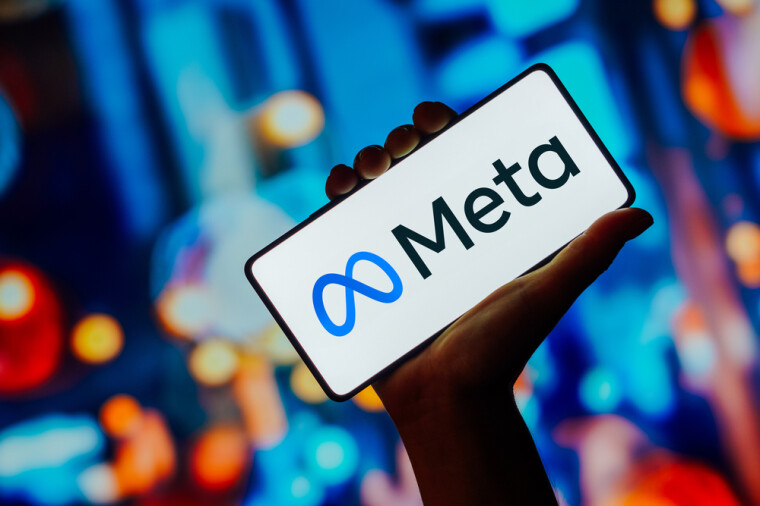
While showing ads to users is the primary source of revenue for most social media platform, these platforms have strict rules to prevent specific ads from showing up in users' feeds, including advertisements for drugs, inciting violence, guns, etc. However, at least for Meta platforms, it appears that the company has recently loosened its rules and allowed drug dealers to advertise their products on Instagram, Facebook, Messenger, and WhatsApp.
Meta's recent controversy has prompted 19 members of the US Congress to send a letter (PDF warning) to CEO Mark Zuckerberg and demand answers for showing illicit drug advertisements to users. The company has previously told WSJ that it removes hundreds of thousands of ads for violating its drug policies.
A part of the letter reads:
"Meta appears to have continued to shirk its social responsibility and defy its own community guidelines. Protecting users online, especially children and teenagers, is one of our top priorities. We are continuously concerned that Meta is not up to the task and this dereliction of duty needs to be addressed."
The Congress move follows a report by the Tech Transparency Project (TTP), which discovered that Facebook and Instagram have shown 450 ads for "selling an array of pharmaceutical and other drugs." Those ads reportedly contained "photos of prescription drug bottles, piles of pills and powders, or bricks of cocaine." TTP has posted numerous examples of such ads in its X account.
Ads for illegal drugs are popping up in users' feeds, while Meta clearly states that it doesn't allow advertisers to promote such products. According to Meta's advertising guidelines, advertisers "can't run ads that promote the sale or use of illicit or recreational drugs, or other unsafe substances, products or supplements, as determined by Meta at its sole discretion."
Lawmakers listed 15 questions that Meta needs to answer regarding its drug ads, including how many users have viewed such ads, how much money the company has made showing these ads to users, and whether these ads are showing to users based on their search and browsing history. Meta has until September 6 to respond.
Source: Engadget - Image via Depositphotos.com

















5 Comments - Add comment